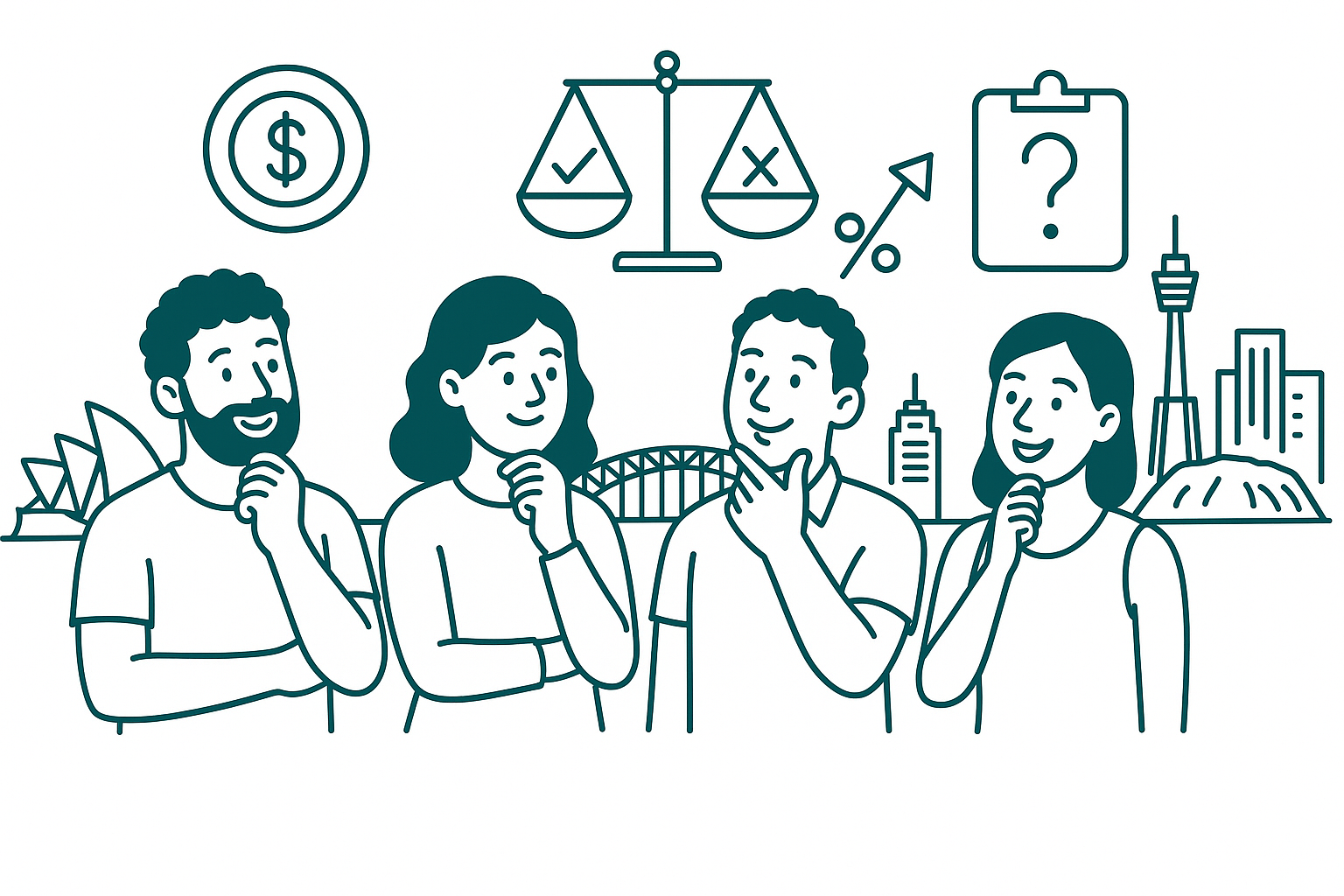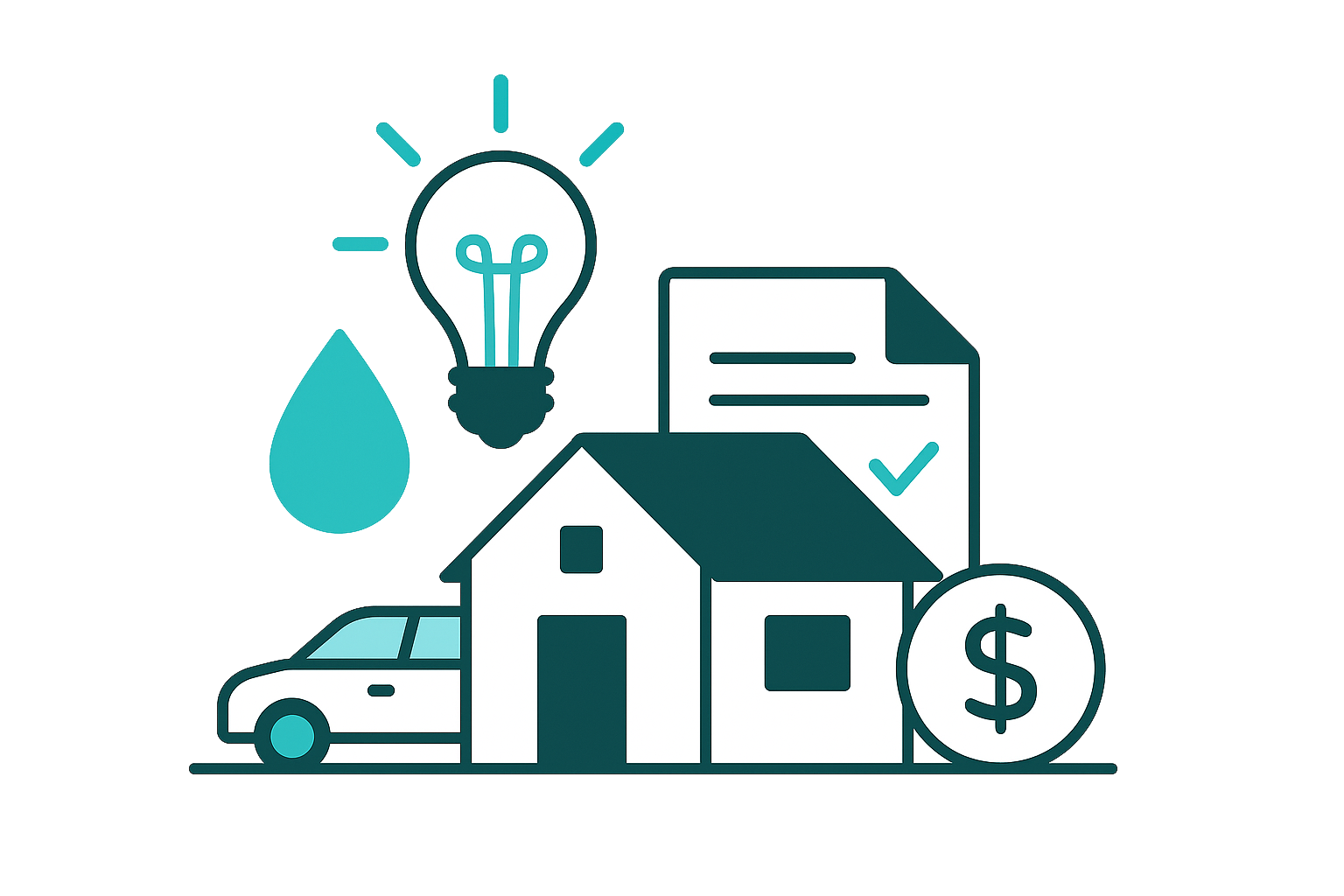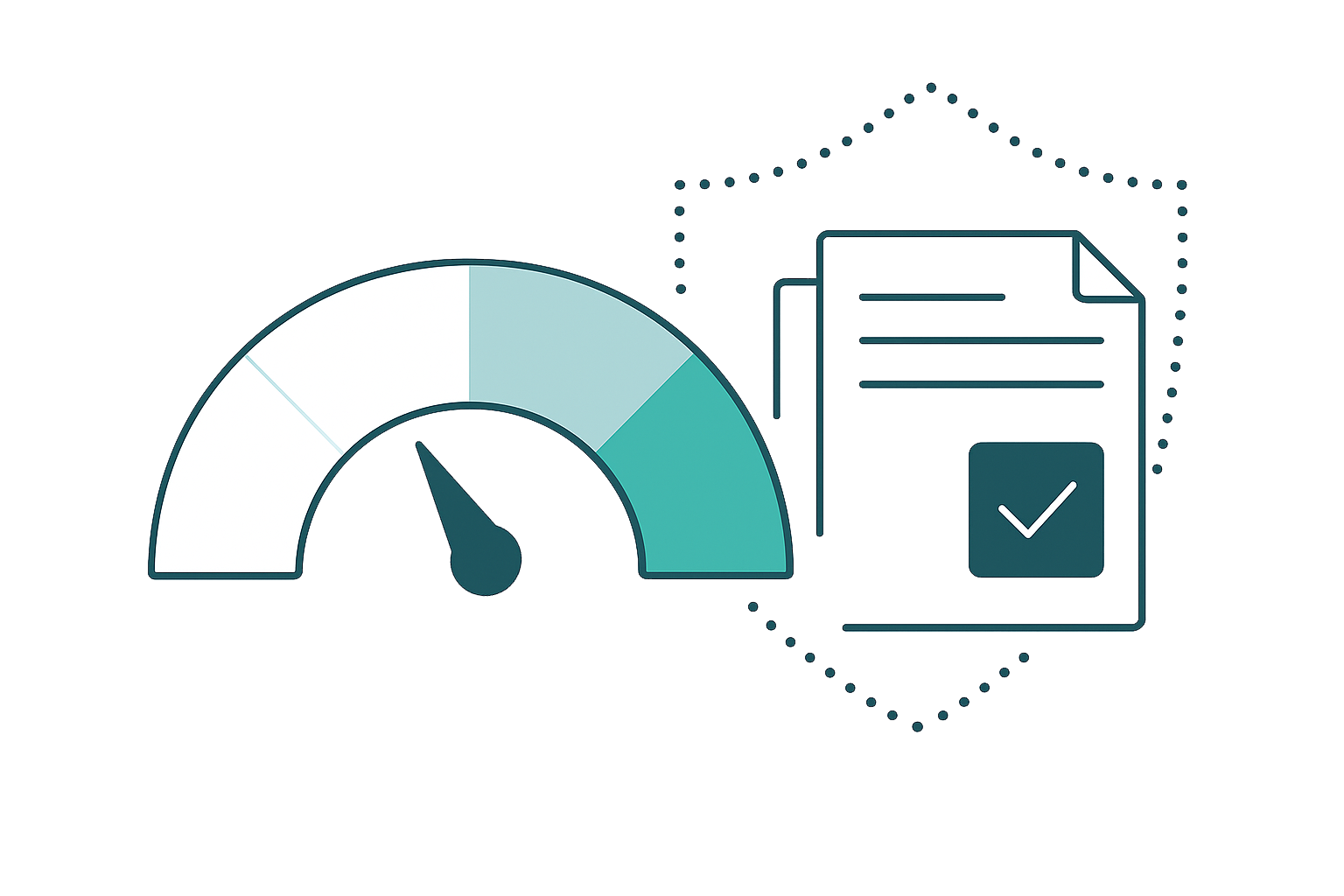Understanding Short Term Lending in Australia
- Personal Finance
- 03 Mins read

Why Do Australians Use Short-Term Loans?
People seek short-term loans for various reasons:
- Emergency expenses: unexpected medical bills, car repairs, or sudden travel costs.
- Cash flow management: bridging the gap between paychecks.
- Small business needs: covering urgent operational costs.
- Event funding: weddings, holidays, or other significant occasions.
In my experience, many borrowers appreciate the quick approval process and accessibility. But it’s crucial to understand not just the benefits but also potential risks.
Benefits of Short-Term Lending
Speed and Convenience
Most short-term lenders offer quick application processes. Many approvals happen within minutes, and funds can be in your account the same day. This immediacy is vital during emergencies.
Flexibility
These loans often have fewer restrictions compared to traditional loans. You can typically borrow small amounts—sometimes as little as $200—and choose repayment terms that suit you.
No Need for Collateral
Most short-term loans are unsecured, meaning you don’t have to put up assets like your house or car. This lowers the barriers to borrowing.
Accessible to a Wide Range of Borrowers
Even if your credit history isn’t perfect, some lenders may still approve your loan, though it might come with higher interest rates.
The Risks to Keep in Mind
High Interest Rates
One of the biggest downsides is the cost. Short-term loans often attract higher interest rates compared to traditional loans. According to ASIC, some lenders charge annual percentage rates (APRs) over 20-30%.
Debt Trap Potential
If you can’t repay on time, unpaid interest can grow rapidly. This can lead to a cycle of debt that’s hard to break.
Hidden Fees
Some lenders charge application fees, late payment fees, or early repayment penalties. Always read the terms carefully.
Impact on Credit Score
Missing payments can hurt your credit rating, making it harder to access future credit options.
How to Choose the Right Short-Term Lending Option
Assess Your Financial Situation
Be honest about your ability to repay. Borrow only what you need and can afford to pay back quickly.
Compare Lenders Carefully
Look beyond the advertised rates. Check:
- Total repayment amount
- Fees and charges
- Repayment flexibility
- Customer reviews
In Australia, reputable sources like ASIC’s MoneySmart website provide lists of licensed lenders and tips for responsible borrowing.
Understand the Terms Fully
Ask questions about:
- Repayment schedule
- Default consequences
- Early repayment options
Think About Alternatives
Before taking a short-term loan, consider:
- Saving up instead
- Asking family or friends
- Using a credit card with a low interest rate
- Exploring flexible payment plans with service providers
Practical Examples and Scenarios
Case Study 1: Emergency Car Repair
Sally’s car broke down unexpectedly. She needs $1,000 to cover repairs. She applies for a payday loan.
- The loan is approved within hours.
- She agrees to repay $1,200 over a month.
Sally’s quick decision helped her get her car back quickly, but she paid a high interest rate. She plans to save more in future for emergencies.
Case Study 2: Bridging a Gap
Ben recently changed jobs but hasn’t received his first paycheck yet. He needs $500 to cover rent. He opts for a short-term personal loan.
- He borrows at a reasonable rate.
- Repays in two weeks, avoiding late fees or high interest.
This approach helps Ben manage cash flow without excessive costs.
First-Hand Insights: Trends in Australian Short-Term Lending
According to the Reserve Bank of Australia (RBA), short-term lending has grown as consumers seek quick and flexible credit options. However, regulators like ASIC have stepped up efforts to ensure responsible lending practices.
“It’s crucial for borrowers to understand the true cost of these loans,” says an ASIC spokesperson. They emphasize reading the fine print and being cautious with high-interest products.
In my ten years working with borrowers, many regret rushing into quick loans without fully understanding the terms. Responsible borrowing is key to avoiding long-term hardship.
Key Takeaways
- Short-term lending provides fast access to funds but often comes at high costs.
- Always compare lenders and scrutinize terms before borrowing.
- Borrow only what you can afford to repay promptly.
- Consider alternatives like savings, family support, or lower-interest credit options.
- Be aware of the risks of debt cycles and high interest rates.
Final Thoughts
Short-term lending can be a helpful financial tool when used wisely. It’s not a long-term solution but a quick fix during urgent needs. Being informed and cautious ensures you make the right choice, avoiding pitfalls and protecting your financial health.
Remember, “Borrow responsibly, and use these options only when necessary,” as I often remind clients. By understanding your options and risks, you can navigate Australia’s short-term lending landscape confidently and securely.



